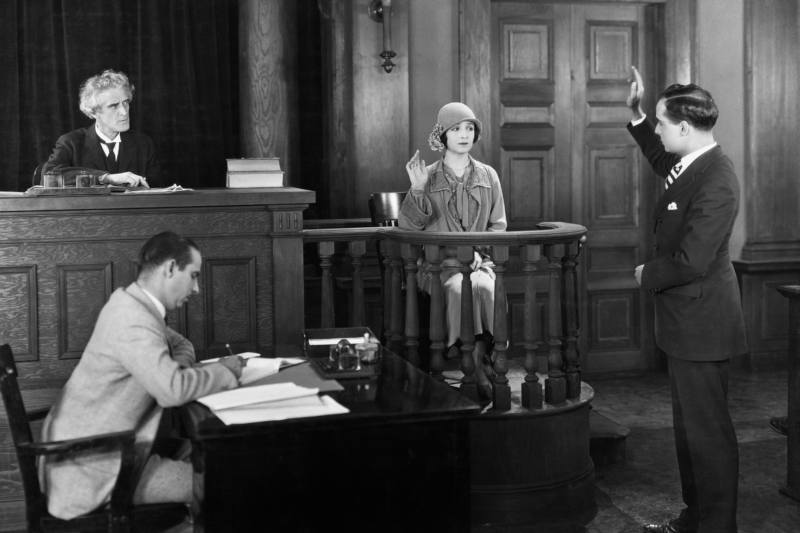Highly publicized trials, like the recent Johnny Depp v. Amber Heard defamation trial, often create questions about objections made in court. A states rules of evidence are the rules of the courtroom. When an attorney believes that opposing counsel, or a witness called to testify by opposing counsel, has violated such a rule, an attorney will typically object for two reasons: (1) to attempt to exclude the evidence from the jurys consideration and, more importantly, (2) preserve the issue for an appeal if a higher court determines the judge makes an error in ruling on the objection.
Common Objections in Court: Hearsay, Character Evidence, Leading, and Asked and Answered
Hearsay occurs when a witness attempts to testify to, or a piece of evidence purports to contain four elements: (1) a statement that asserts a fact, (2) made by a human (not a computer system, machine, and so forth) (3) not made at the current trial, and (4) offered for the truth of what the statement asserts. There are many exceptions and exemptions to hearsay, and some statements are not hearsay because they do not meet the above definition. For example, if a witness wishes to testify that an angry driver told him, “Get out of the way”, that is not hearsay by definition because it is a command, and does not assert a “fact”.
Character Evidence and Exceptions
Character evidence embodies the basic principle that in the United States, people are tried for what they did, not who they are. As a general rule that is not without exception, an attorney cannot offer evidence of someone’s character or prior acts (either good or bad) to prove that the evidence sums up who they are as a person. The most common exceptions to the general prohibition on character evidence include introducing evidence of criminal convictions, and introducing evidence of a witness’s character for truthfulness or untruthfulness so the jury can better determine if witnesses are likely to tell the truth in court.
Leading Questions and How to Avoid Them in Court
Leading is the proper objection when an attorney asks a “leading” question. A leading question suggests the answer. For example, “You had the red light, correct?” is leading and objectionable whereas, “Who had the red light?” does not suggest an answer. Lawyers pay close attention to the opposing counsel’s questions because leading does not allow the witness to answer on their own and involves a lawyer playing both the attorney and witness.
Asked and answered, as the name implies, is the objection available to an attorney when an opposing counsel asks a witness a question that has already been asked and received a proper answer. Asked and answered is not a proper objection when a witness refuses to answer the question, thus leading an attorney to re-ask the question.
A Basic Understanding of the Rules of Evidence: How it Can Help in Court Representation and Trial Viewing
The rules of evidence are complicated, as most law students are required to take a comprehensive evidence course in law school. However, a basic understanding of some of the rules of evidence can aid you in your representation by a licensed attorney or viewing of a high-profile trial. However, do not be tempted to withhold information from your lawyer that you may believe are inadmissible in court. After all, the evidence may be admissible, the evidence may lead your attorney to discover better or admissible evidence, or the case may not even proceed to a trial or hearing where the rules of evidence apply.
If you need representation or have questions about a potential case, don’t hesitate to contact King Law Offices at (888)-748-KING. We are dedicated to providing the highest level of legal representation and advocacy for our clients.

